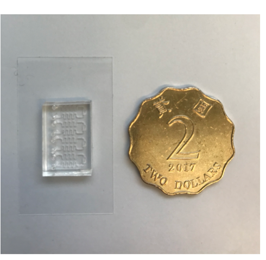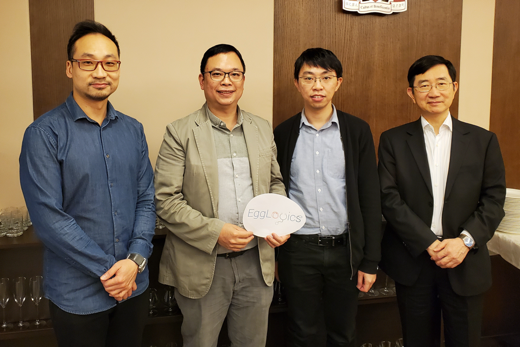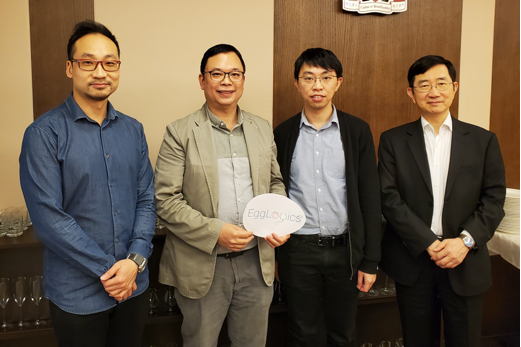Over the past 40 years, in vitro fertilization (IVF) success rate has remained poor for women of advanced maternal age (AMA). The poor outcomes often associated with oocyte quantitative and qualitative decline. To compensate for the poor success rate, AMA women have to undergo multiple IVF procedures, encountering invasive painful operations and the risk of embryo issues. This also inflicts huge financial, physical, and emotional stress. As there are currently no viable solutions, the project aims to develop a novel non-invasive approach to alleviate these stressful experiences by increasing usable oocytes. The animal and human models have shown substantial improvements in reproductive outcomes.
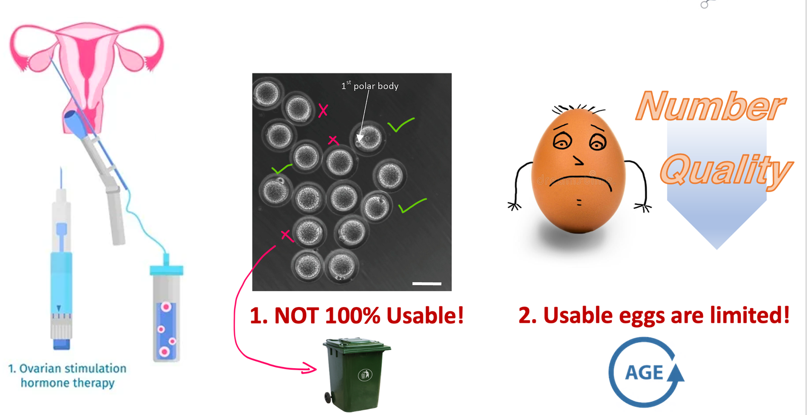
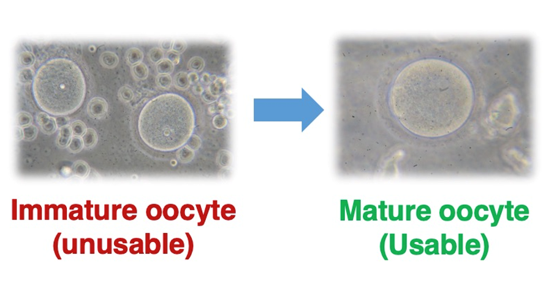
Uniqueness and Competitive Advantages:
- First cell-based oocyte improvement
- Natural, not genetic transferred and non-invasive
- Compatible with existing IVF procedure
- A unique device developed for consistent robust performance delivery
- Reduce stresses that follow repeated conventional IVF
